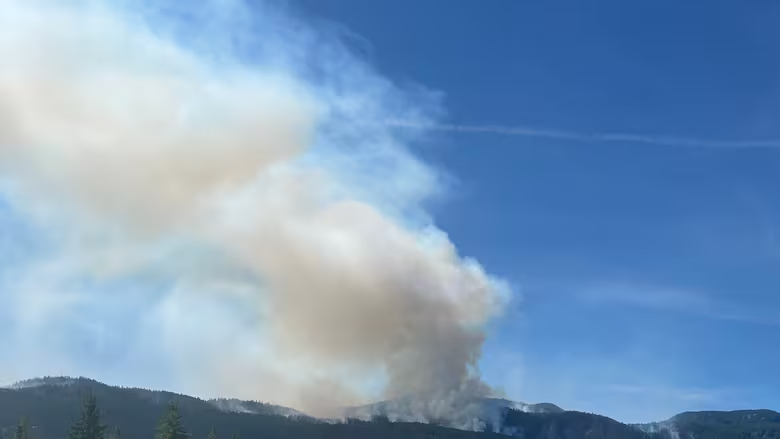Heat warnings remain in effect for parts of southern British Columbia and Vancouver Island as high temperatures are expected to continue at least until Tuesday. Officials are urging residents to take precautions to avoid heat-related illnesses.
As of Sunday afternoon, warnings cover inland and eastern Vancouver Island, along with the Howe Sound, Whistler, and Pemberton areas in the Sea-to-Sky region. Temperatures in these areas are expected to exceed 30 C through Tuesday. The North Thompson region is also forecast to experience similar heat levels.
In the Fraser Canyon, South Thompson, and South Okanagan, daytime highs could reach between 35 C and 37 C, with overnight lows ranging from 18 C to 20 C. These temperatures can increase the risk of dehydration, heat exhaustion, and other heat-related health problems.
Even though major population centers in the Lower Mainland are not under warnings, residents are reminded that summer travel and school holidays may put them in affected regions. Dr. Maulik Baxi, a medical health officer, said people should remain aware of heat risks even if their home area is cooler.
“While it may not be affecting where you live, it may be affecting where you go. So be aware,” Baxi said.
Officials emphasize checking on vulnerable individuals, including infants, seniors, pregnant people, and those with disabilities, who are at higher risk of heat-related illness. People should avoid the hottest parts of the day and take steps to stay cool, such as opening windows at night to ventilate homes that may trap heat.
“Be a good neighbor and take care of one another,” Baxi added, highlighting community support during extreme weather events.
Wildfire Areas Affected by Heat
The Wesley Ridge wildfire on Vancouver Island falls within the heat warning zone. Rising temperatures and dry conditions are expected to increase smoke in the region until midweek.
The wildfire has burned approximately 590 hectares on the north shore of Cameron Lake, about 50 kilometers northwest of Nanaimo. Officials have noted that some evacuees may be allowed to return home on Monday if conditions allow.
Authorities remind residents in wildfire areas to follow safety instructions, avoid outdoor exposure during peak heat, and stay hydrated. Heat and smoke together can increase health risks, especially for people with respiratory issues.
As southern B.C. braces for continued high temperatures, health and safety officials encourage everyone to monitor weather updates and plan travel and outdoor activities carefully. Staying informed and taking preventive measures can reduce the risk of heat-related illnesses during this prolonged heatwave.

